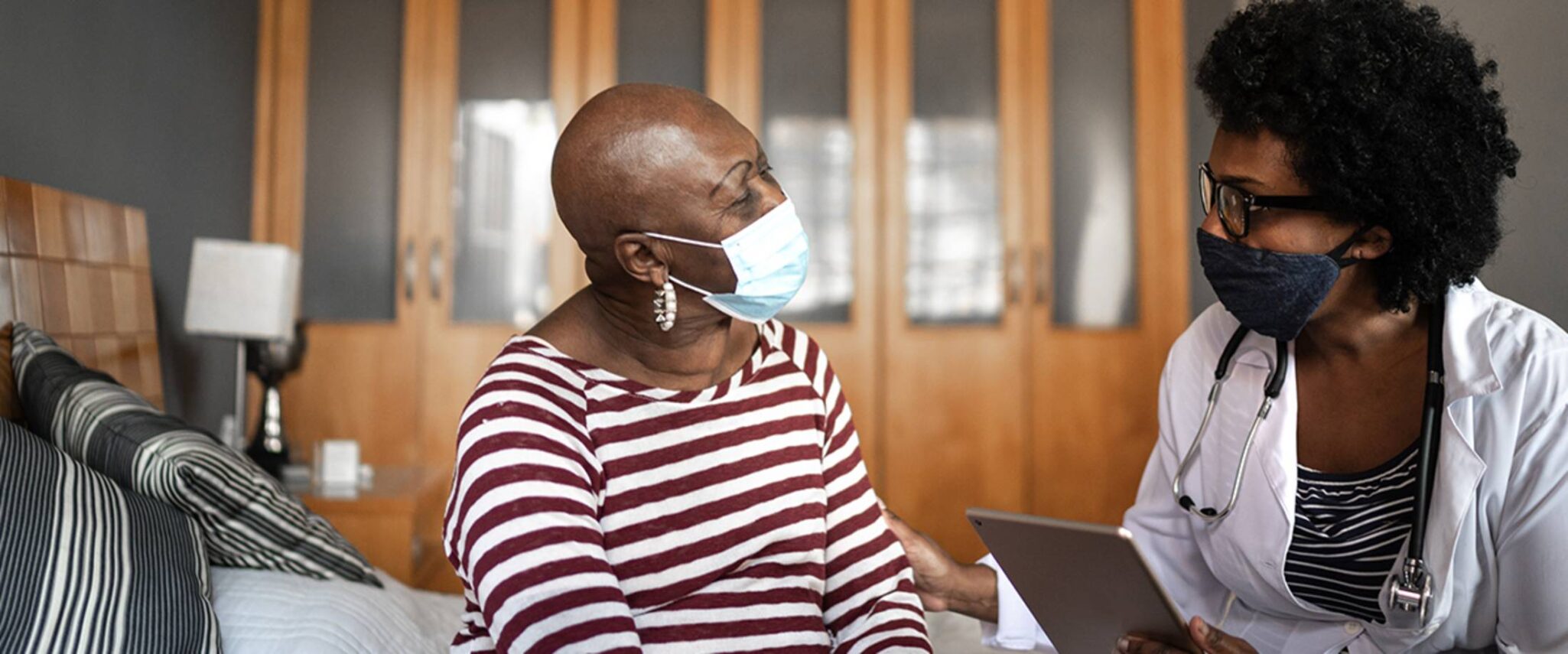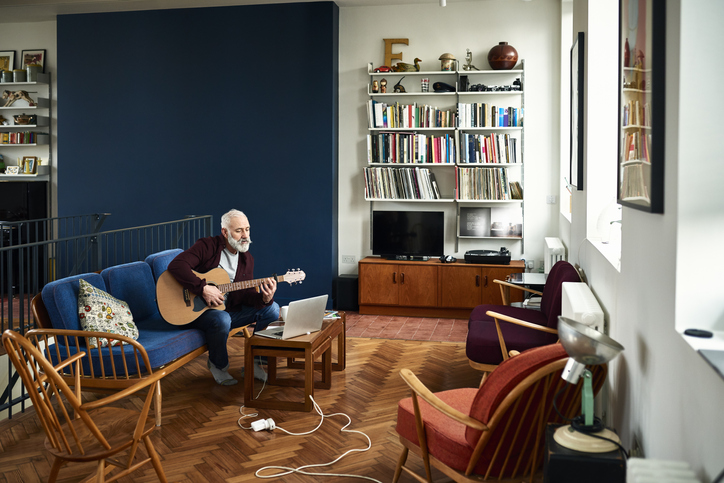Fall Prevention Tips for Seniors

According to the U.S. Centers for Disease Control and Prevention, one out of every four adults age 65+ falls each year, and falls are the most prominent cause of fatal injuries. But even when they don’t lead to fatalities, falls can still cause serious injuries, such as broken and fractured bones or head trauma. Experiencing one fall often inspires a greater fear of falling again, which can cause a senior to become more inactive. Less activity decreases bone mass and muscle strength, and can lead to more falls. Fall prevention starts with recognizing your risk and taking smart steps to reduce it.
Common Reasons Seniors Fall
Muscle Weakness in Lower Body
Older adults naturally lose muscle mass with age, but strong lower body muscles help stabilize you when you walk on uneven surfaces. All leg muscles are important, but a good place to start is strengthening the bigger muscles like the quadriceps and hamstrings.
Medication Side Effects
Some medications leave you lightheaded or tired. Some reduce alertness and slow reaction time. If your medication causes a greater fall risk but is necessary to your health, you may want to increase your fall prevention efforts in other areas, like fitness.
Poor Balance
Seniors also need core strength in their abdomen, back and gluteal muscles to move safely, and to be able to right themselves if they wobble. But with age-related muscle loss, it’s necessary to rebuild with a strength-training regimen.
Vision Problems
If you can’t see an impediment in your way, you can’t avoid it. Poor depth perception and issues like glaucoma or cataracts can cause accidents.
Poor Footwear
Slides, clogs or thong sandals are often trip hazards. Choose shoes that fit securely on your feet and offer plenty of support.
Environmental Hazards
When you’re outside, you can run into loose gravel, puddles, mud, ice – many things that can make falls more likely. Even inside, a lot of clutter, high throw rugs or narrow walkways create challenges for seniors.
Fall Prevention Tips
Talk with Your Doctor.
Getting your doctor’s insight is the best first step toward fall prevention. Talk to them about the medications you’re currently on to see if any could be increasing your chance of falling. Discuss which exercises would be safe for you, how much you can exercise and how often.
Exercise.
After you speak with your doctor about which fall-prevention exercises would be best for your lifestyle and activity level, explore your options to see which you enjoy. Tai chi is a very popular low-impact workout that strengthens muscles and improves balance. Yoga and Pilates are effective as well. Any weight-bearing exercise can help you regain or retain stability. If you’re especially at risk of falling, you could explore aqua aerobics classes initially to build strength safely. Another option is to begin strength training while seated, and work your way up to standing exercises.
Get an Eye Exam.
Make a visit to the eye doctor at least once a year, and update your prescription whenever needed. Your eye doctor can detect cataracts or glaucoma early and help you develop a plan to deal with them. Look into prescription sunglasses as well, so you can protect your eyes from the sun and still see everything in your path when you’re outside.
Optimize Your Home.
Clear clutter around your home to minimize tripping hazards. This may mean installing level carpet where you currently have throw rugs or widening walking paths around your space. Add grab bars around your shower or bathtub. Include more light and brighter bulbs to help you see better. Consider adding motion-sensing lights or night lights for those times you’re up late. And finally, wear shoes with good traction even when you’re at home.
Freedom Village of Bradenton is a retirement community designed for seniors. Safety-first design choices in our buildings and homes keep you safer, and our senior-focused fitness classes help you develop the muscles you need to build better balance. Learn more about what it’s like living in our Bradenton, Florida retirement community.




